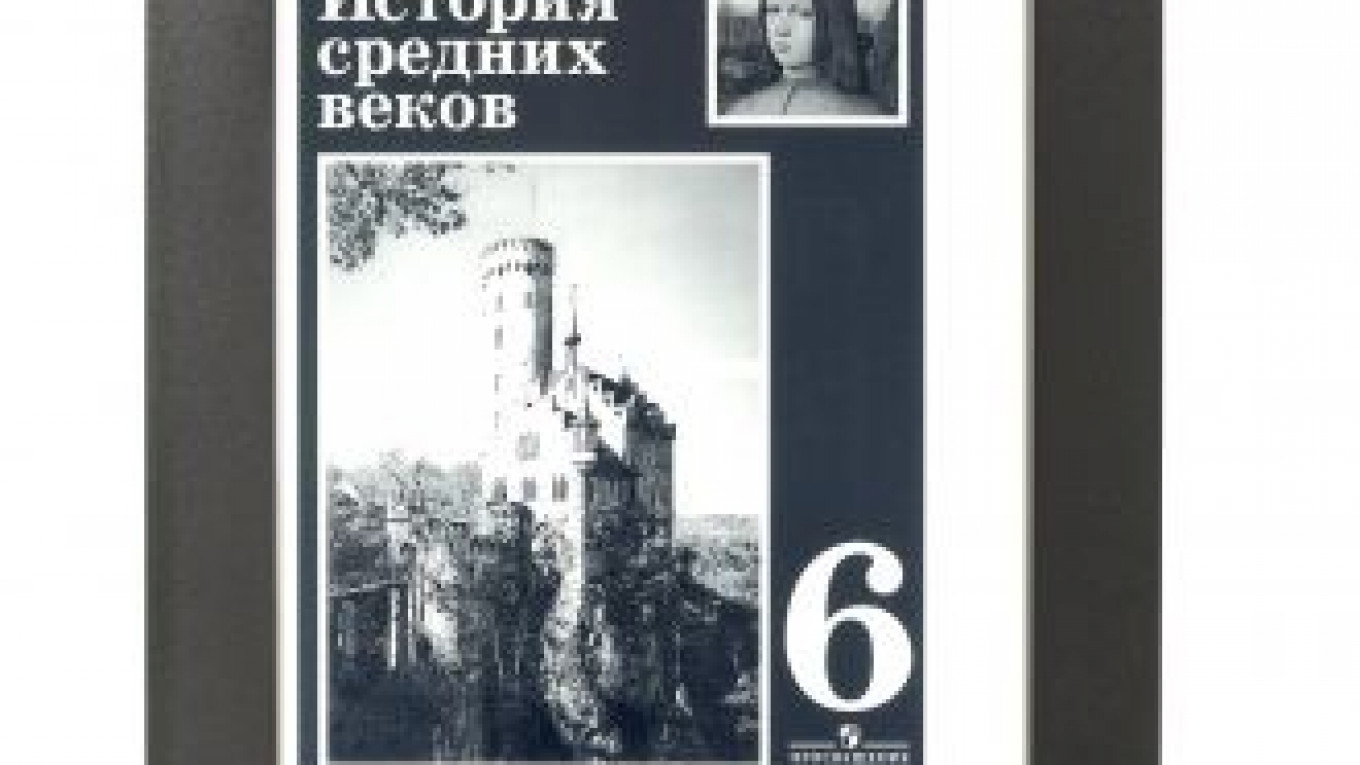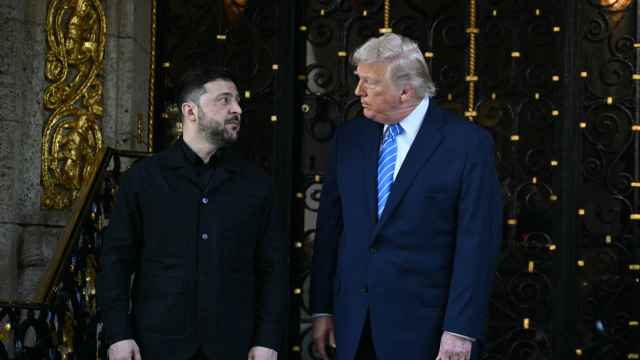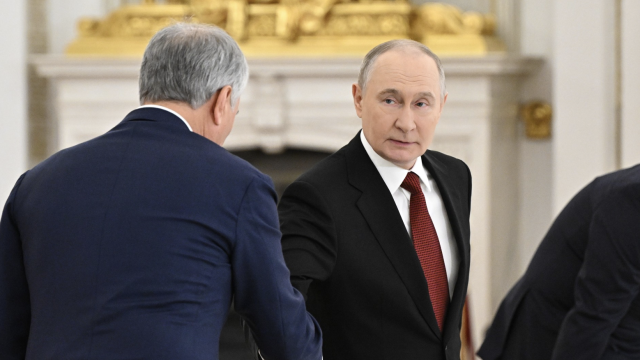Indro Mukerjee, chief executive of British company Plastic Logic, unveiled “Plastic Logic 100 for Education,” an electronic textbook designed specifically for the Russian education sector, at a news conference in Moscow on Monday.
The device uses Plastic Logic’s patented PlasticPaper technology, described by Rosnano chief Anatoly Chubais as a “replacement for paper.”
Because of the absence of glass in the device’s screen, it is light, thin and most importantly impact-resistant, making it an ideal choice for schoolchildren. It is designed to hold an entire year’s worth of schoolbooks — the demonstration model was pre-loaded with 40 textbooks targeted at 12- to 14-year-olds.
The touchscreen device is more than a reader — it allows you to draw images, type in characters, erase anything you have added and move images around on the screen.
These features allow students to annotate texts with useful comments.
Asked why Russia had been chosen as the first country where the new product would be rolled out, a spokesman for Plastic Logic said it was because of the significant investment by Rosnano — in January, Rosnano paid $150 million for a 25 percent share in Plastic Logic — and the invitation by the Education and Science Ministry to compete in a tender to provide the school device.
Schools in the Kaliningrad region are already trying the new device, and it is currently being introduced in 60 to 70 regions across the country.
Britain’s minister of state for trade and investment, Stephen Green, who attended the conference, said the Plastic Logic 100 represents a major contribution to the Russian educational system, and he hoped that it would play a similar role in the British education system in time.
He hailed the joint venture between Plastic Logic and Rosnano as a great example of British-Russian cooperation.
Chubais said the Plastic Logic 100 is the first in a line of products using PlasticPaper and he envisaged further products designed for the general commercial market. The cost of the electronic textbook is 12,000 rubles ($400).
A factory for the manufacture of next-generation screens and devices is currently being built in Zelenograd, on the outskirts of Moscow, and, when complete, it will be the largest factory in the world for plastic electronics.
A Message from The Moscow Times:
Dear readers,
We are facing unprecedented challenges. Russia's Prosecutor General's Office has designated The Moscow Times as an "undesirable" organization, criminalizing our work and putting our staff at risk of prosecution. This follows our earlier unjust labeling as a "foreign agent."
These actions are direct attempts to silence independent journalism in Russia. The authorities claim our work "discredits the decisions of the Russian leadership." We see things differently: we strive to provide accurate, unbiased reporting on Russia.
We, the journalists of The Moscow Times, refuse to be silenced. But to continue our work, we need your help.
Your support, no matter how small, makes a world of difference. If you can, please support us monthly starting from just $2. It's quick to set up, and every contribution makes a significant impact.
By supporting The Moscow Times, you're defending open, independent journalism in the face of repression. Thank you for standing with us.
Remind me later.






